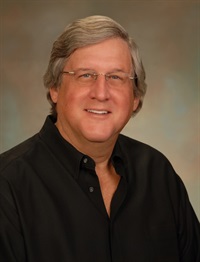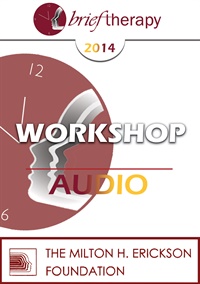BT14 Workshop 10 - Thinking Too Much: Rumination as a Driving Force in Co-Morbid Anxiety and Depression - Michael Yapko, PhD
- Average Rating:
- Not yet rated
- Topic Areas:
- Anxiety | Depression | Workshops | Brief Therapy
- Categories:
- Brief Therapy Conference | Brief Therapy Conference 2014
- Faculty:
- Michael Yapko, PhD
- Duration:
- 1:58:22
- Format:
- Audio Only
- Original Program Date:
- Dec 12, 2014
- License:
- Never Expires.
Tags: Anxiety Brief Therapy Depression
Description
Description:
Rumination involves spinning around the same thoughts over and over again, analyzing endlessly why something happened or what to do about some situation. Rumination increases anxiety and depression levels, and perpetuates itself by the client believing that by ruminating, he or she is “doing something.” In this workshop, we’ll explore rumination and its negative effects, highlight the relationship between rumination and global cognition, and emphasize the importance of developing good discrimination skills. We’ll also consider the role of experiential processes such as hypnosis and mindfulness in treatment didactically as well as with a guided group experience.
Educational Objectives:
- To identify three ways rumination works against anxious and depressed clients.
- Identify the role of global cognition in perpetuating rumination.
- Demonstrate a technique of focusing to help encourage a mental “quieting.”
*Sessions may be edited for content and to preserve confidentiality*
Credits
Faculty

Michael Yapko, PhD Related Seminars and Products
Michael D. Yapko, Ph.D. (professional psychology, clinical specialization), is internationally recognized for his innovative work in applied clinical hypnosis, developing brief psychotherapies, and the strategic treatment of depression. He has been invited to present his work in more than 30 countries across six continents. He is the author of 15 books, including his most recent, The Discriminating Therapist. He is a recipient of numerous awards for his many contributions to the field, including the Milton H. Erickson Foundation Lifetime Achievement Award.


